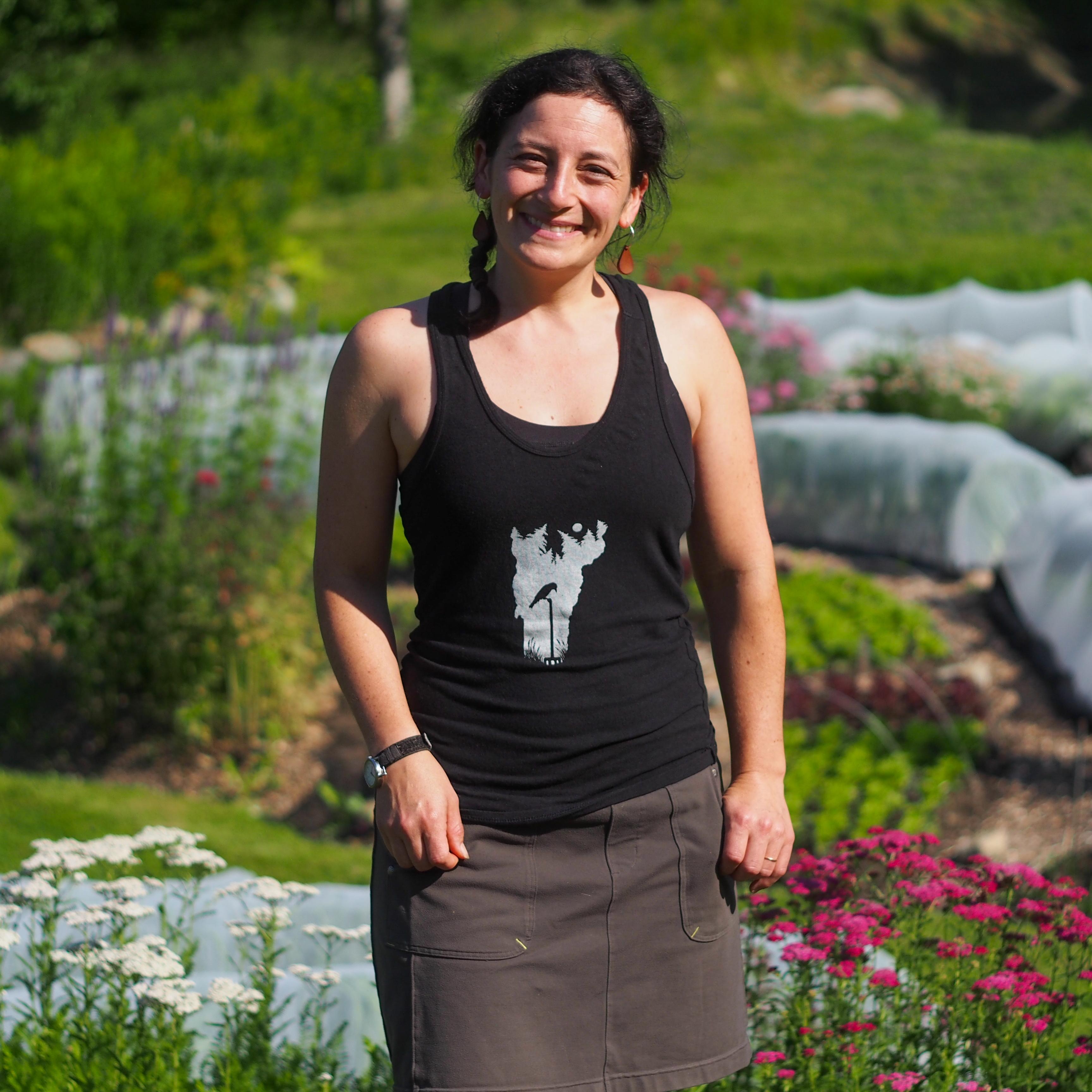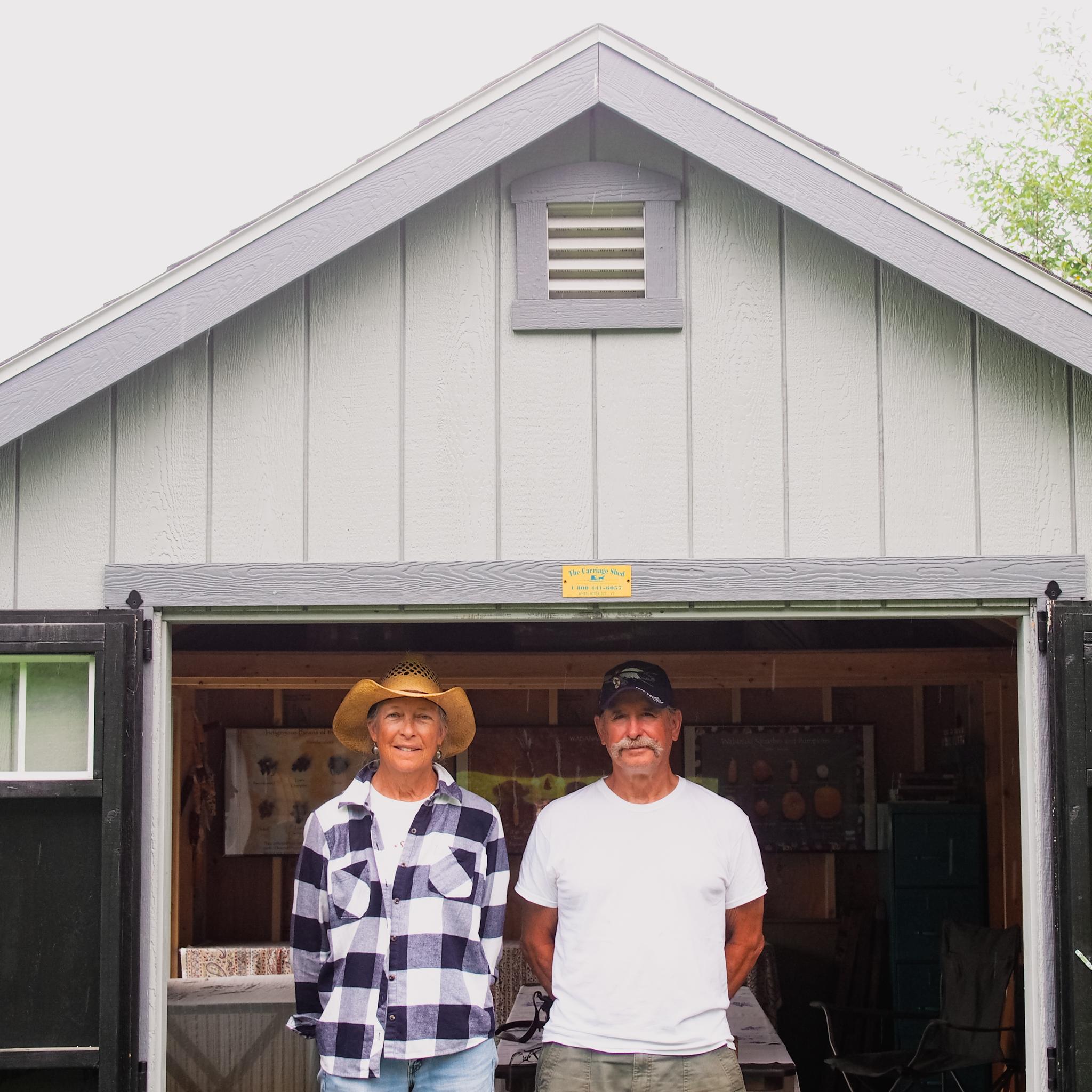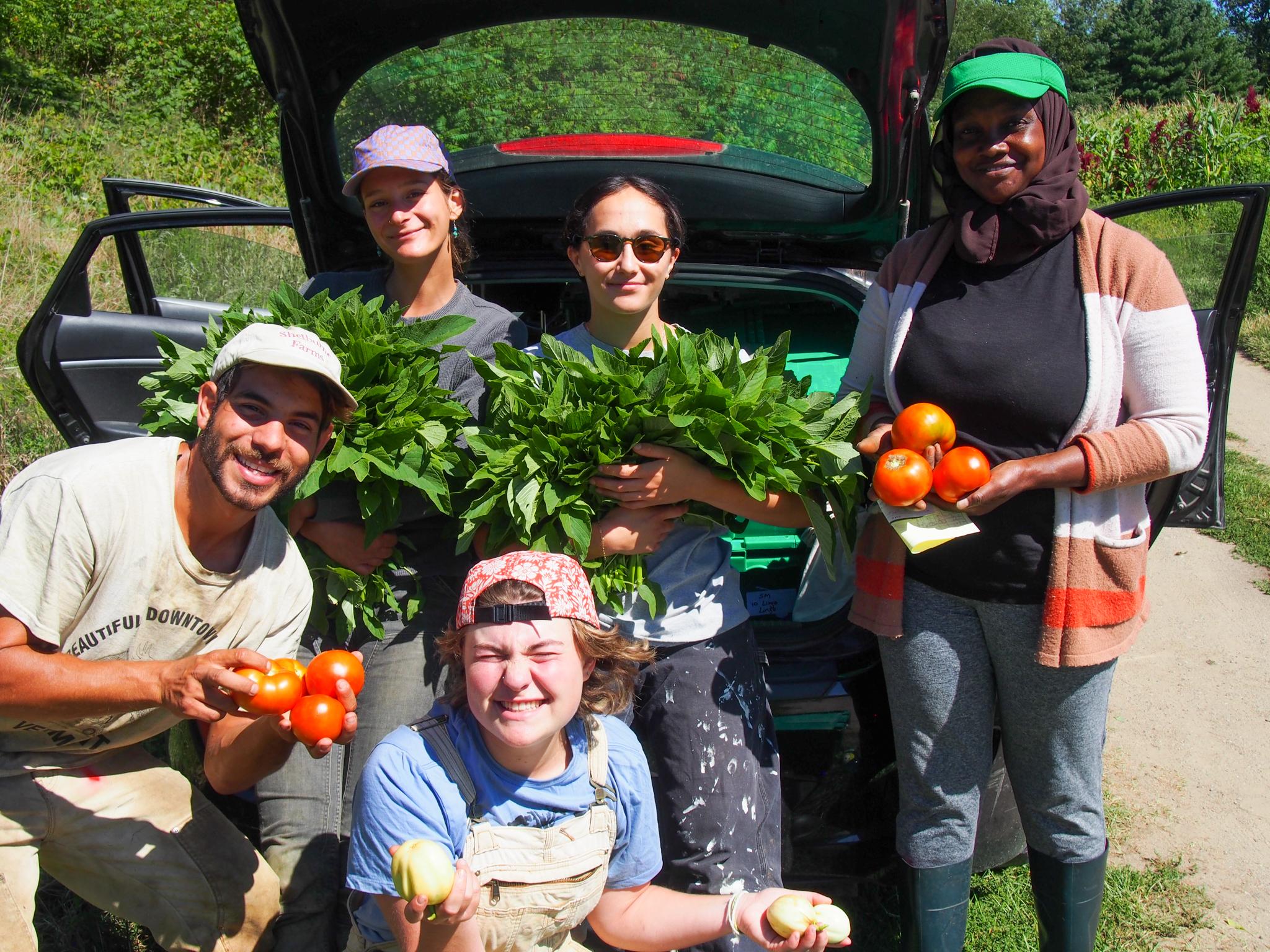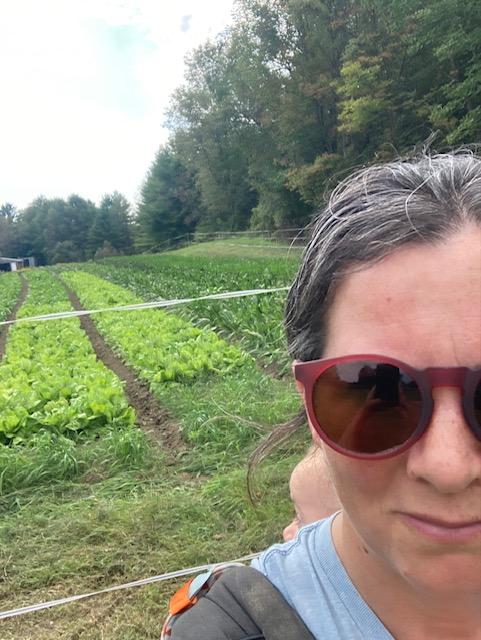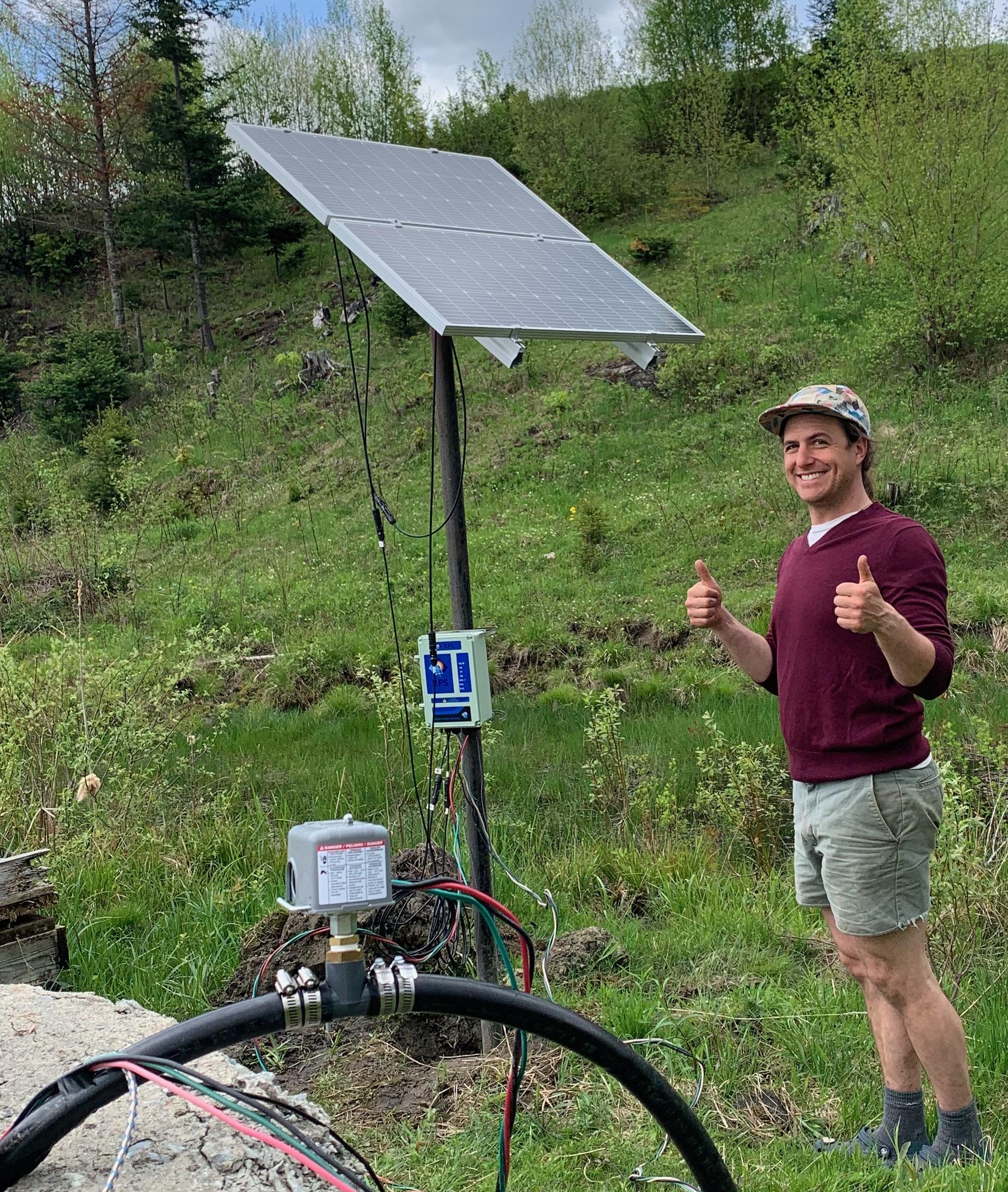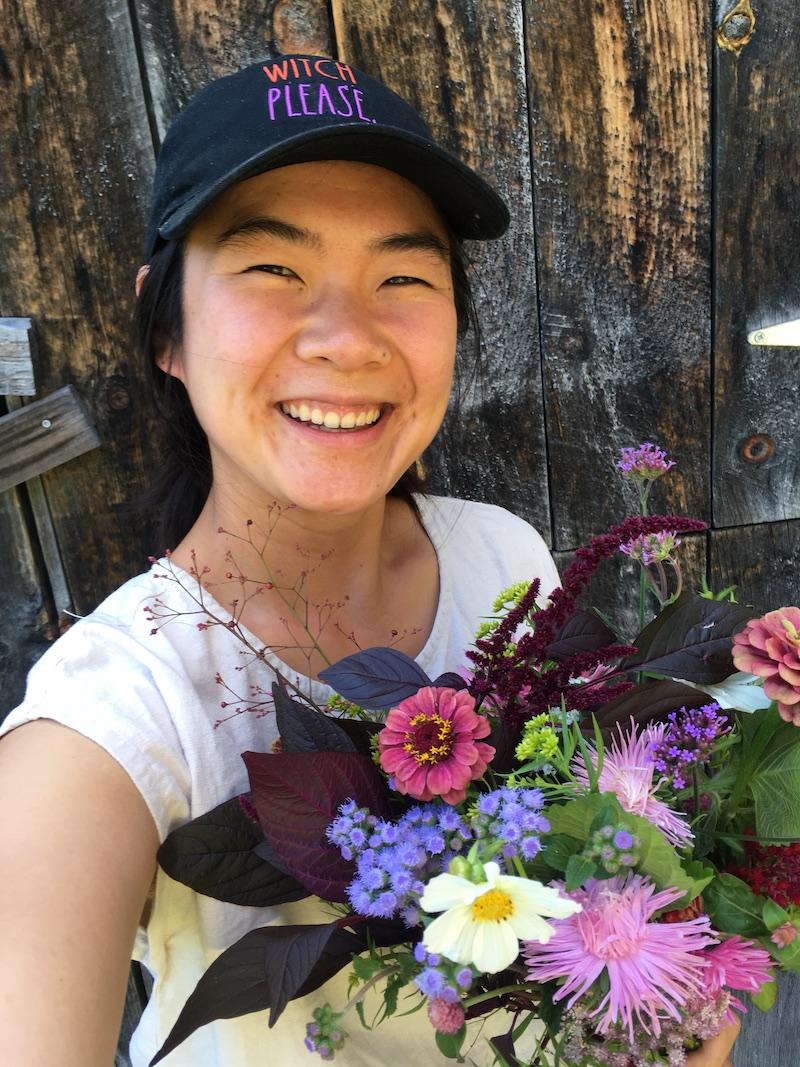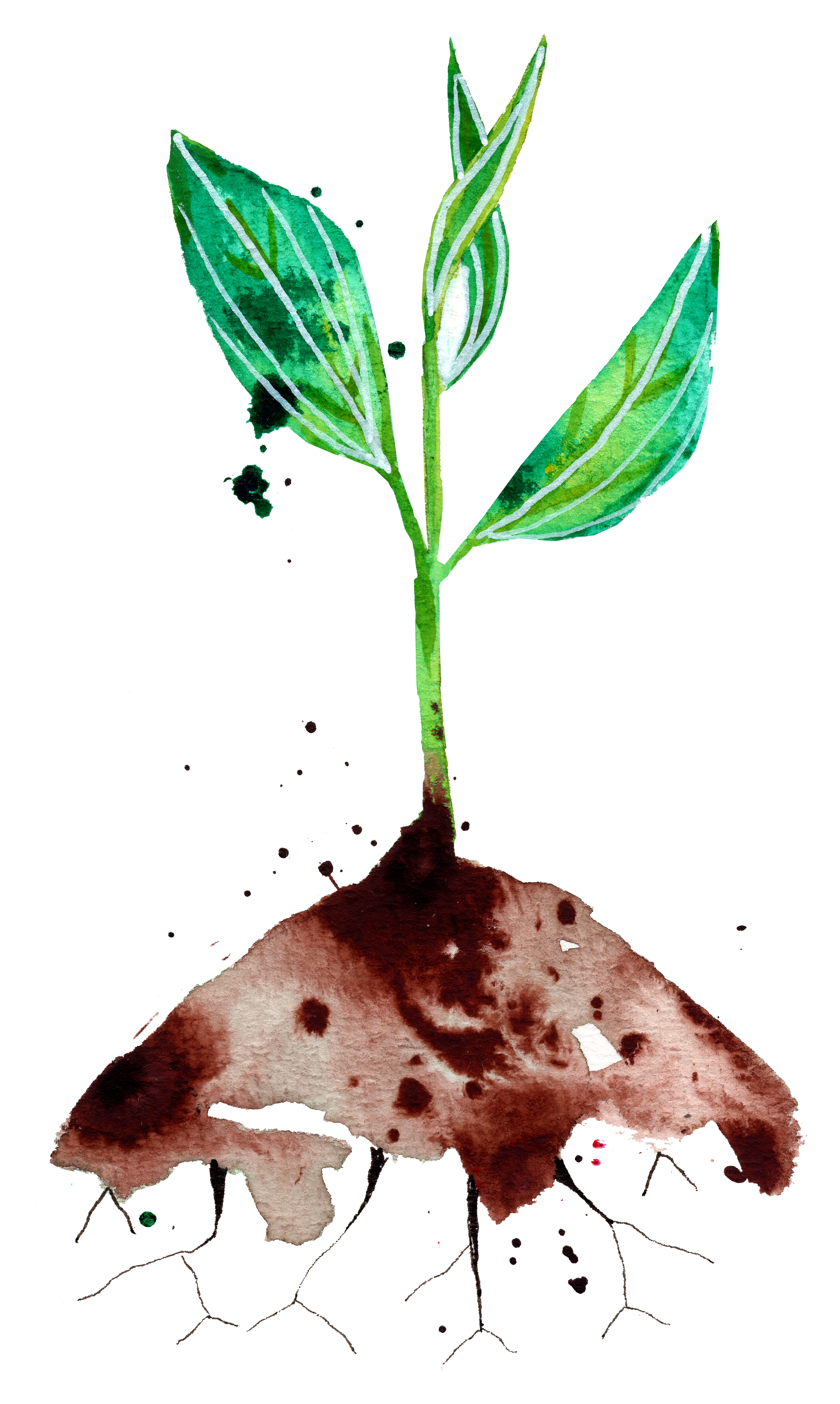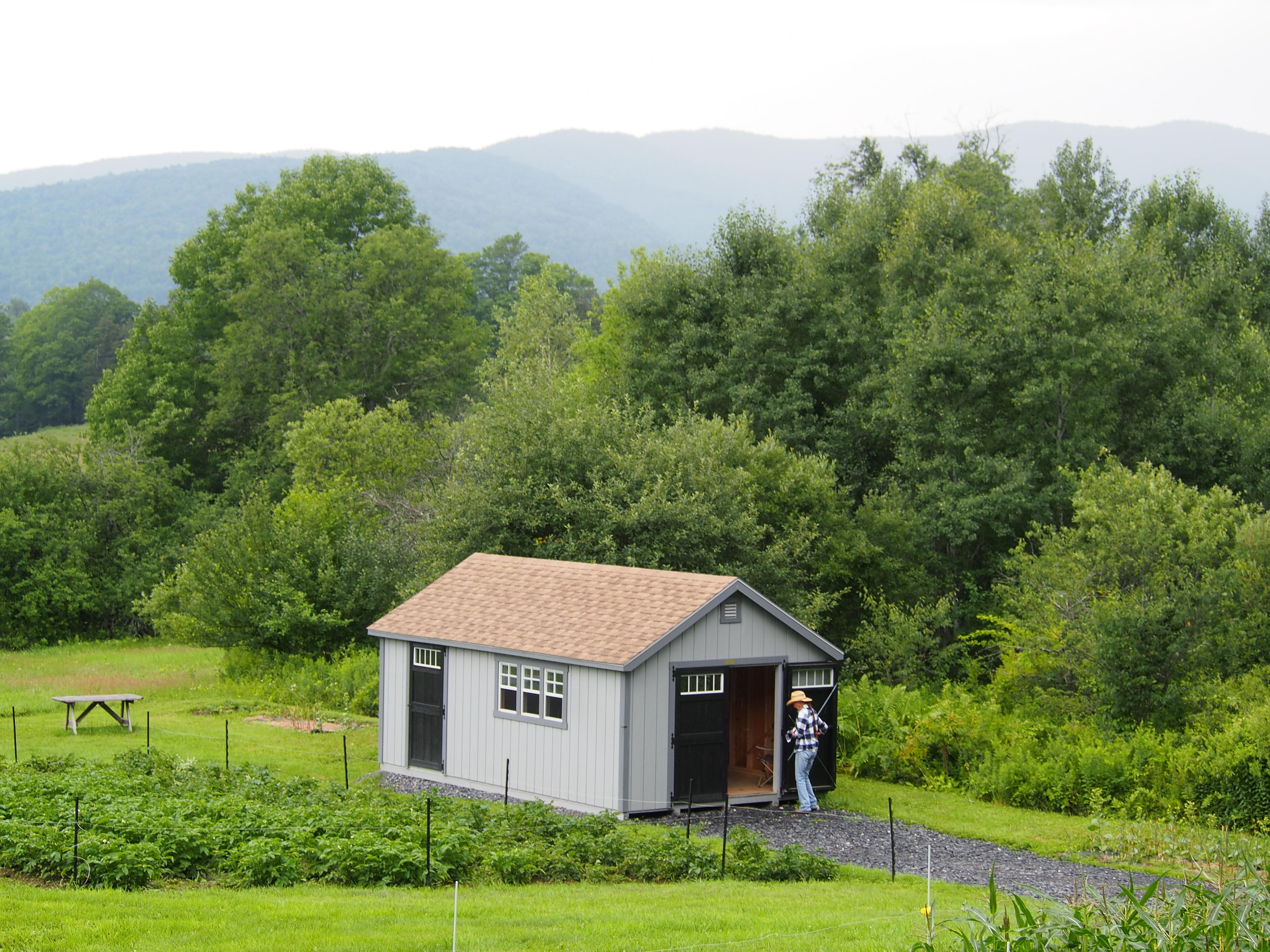
Applications for 2025 are CLOSED! NOFA-VT has a pool of funds to distribute directly to farmers as grants to fund projects that will improve longer-term resilience on farms.
Our definition of ‘resilience’ is framed broadly around the mission of NOFA-VT: to promote organic practices to build an economically viable, ecologically sound, and socially just Vermont agricultural system that benefits all living things.
In this grant application, applicants will define how these funds will be used to improve the resilience on your farm, in your community, and/or for your broader community, with a focus on the social, environmental, and economic impact of the project.
Applications are reviewed anonymously (names of farms and farmers removed before review) by a committee of Vermont farmers and farmworkers. Grants are awarded with no need for receipt submission or reporting on behalf of the recipient. New to 2025, we will now be offering two-tiers of funding for this grant! Tier 1 will fund projects up to $2,000, and Tier 2 will fund projects requesting from $2-5,000. Projects in Tier 1 will receive a slight scoring bonus on their applications. This decision was made in an effort to increase the impact of the grant through funding larger projects, while still incentivizing farms to apply for smaller, more approachable projects. We are also still accepting multi-farm applications. If you have a team of farms applying, you may request for up to $5,000 per farm. For example, if you have four farms applying together on a collaborative project, you may apply for up to $20,000.
Please contact Eric Boatti, Farm Resilience Specialist, with any questions at [email protected] or (802) 419-0042
Applications for 2025 are CLOSED!

